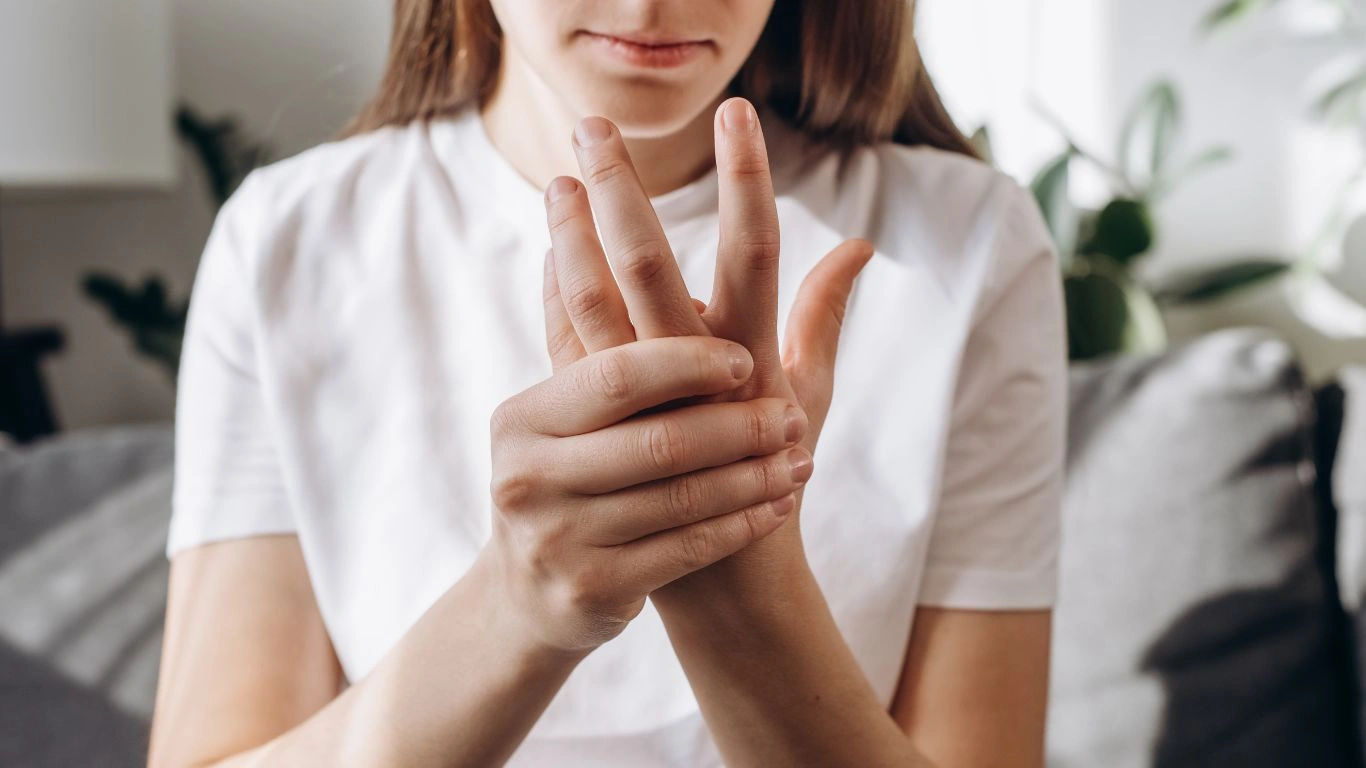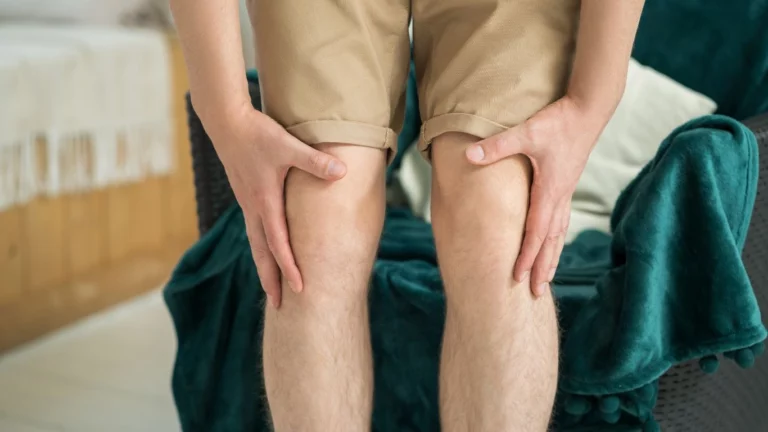Can Rheumatoid Arthritis Cause Hair Loss? Causes and Solutions
Living with rheumatoid arthritis (RA) comes with its fair share of challenges, from joint pain and swelling to chronic fatigue. But did you know that RA might also lead to something a bit unexpected—hair loss? It’s a question I get often from patients: “Can rheumatoid arthritis cause hair loss?” And as a nurse practitioner with years of experience in rheumatology, I can tell you that while the link between RA and hair loss might not be immediately obvious, it’s real. In this article, we’ll dive into how RA can affect your hair, why it happens, and what you can do about it. Trust me, you’re not alone if you’ve noticed thinning or shedding hair alongside your RA symptoms.
Understanding the Connection Between Rheumatoid Arthritis and Hair Loss
First, let’s break down why RA might cause hair loss. Rheumatoid arthritis is an autoimmune disease, meaning your body’s immune system mistakenly attacks its own healthy tissues. In the case of RA, the immune system targets the synovial lining of the joints, leading to inflammation. But autoimmune diseases don’t just affect the joints—they can impact other parts of the body, including your hair follicles. The inflammation that comes with RA, combined with the medications used to manage it, can contribute to hair thinning or shedding.
How Does RA Lead to Hair Loss?
It might seem strange at first, but there are a few reasons why hair loss can happen in individuals with rheumatoid arthritis. Here’s what I’ve seen in my practice:
- Inflammation: Chronic inflammation, which is a hallmark of RA, can affect the health of hair follicles. This inflammation can disrupt the hair growth cycle, leading to more hair shedding than usual.
- Medications: Some of the drugs used to manage RA, such as methotrexate and biologics, can have side effects that impact hair health. While these medications are essential for controlling the disease, they can sometimes contribute to hair thinning.
- Stress and Fatigue: Living with a chronic condition like RA can be incredibly stressful. Stress is another factor that can contribute to hair loss. Add to that the fatigue that often accompanies RA, and it’s not surprising that your hair might start to suffer too.
- Underlying Nutritional Deficiencies: RA can sometimes interfere with proper nutrient absorption, leading to deficiencies in important vitamins and minerals that promote healthy hair growth. Iron, zinc, and vitamin D are just a few examples.
RA Medications and Their Role in Hair Loss
One of the most common questions I get is about medications and their potential side effects, especially regarding hair loss. Let’s talk about how some of the treatments for rheumatoid arthritis could play a role in your hair health. Keep in mind, though, that not everyone with RA will experience hair loss from these medications. However, it’s good to know what’s possible.
Methotrexate
Methotrexate is one of the most commonly prescribed medications for RA, and it can be highly effective in controlling inflammation. But one of its potential side effects is hair thinning. This is especially true if you’re taking higher doses of methotrexate. In my clinical experience, the hair loss associated with methotrexate is often temporary, and hair usually grows back once the medication is adjusted or discontinued.
Biologic Drugs
Biologics like TNF inhibitors (e.g., Humira, Enbrel) are a game-changer for many RA patients, offering targeted treatment to control inflammation. However, some people report hair thinning or shedding as a side effect. This tends to happen less frequently than with methotrexate, but it’s something to keep in mind if you’re on a biologic.
Corticosteroids
Corticosteroids, such as prednisone, are often used to manage inflammation in RA. While they can provide quick relief, long-term use can lead to side effects like hair thinning. The good news is that if you’re using corticosteroids for short-term flare-ups, the hair loss is often reversible once the medication is tapered off.
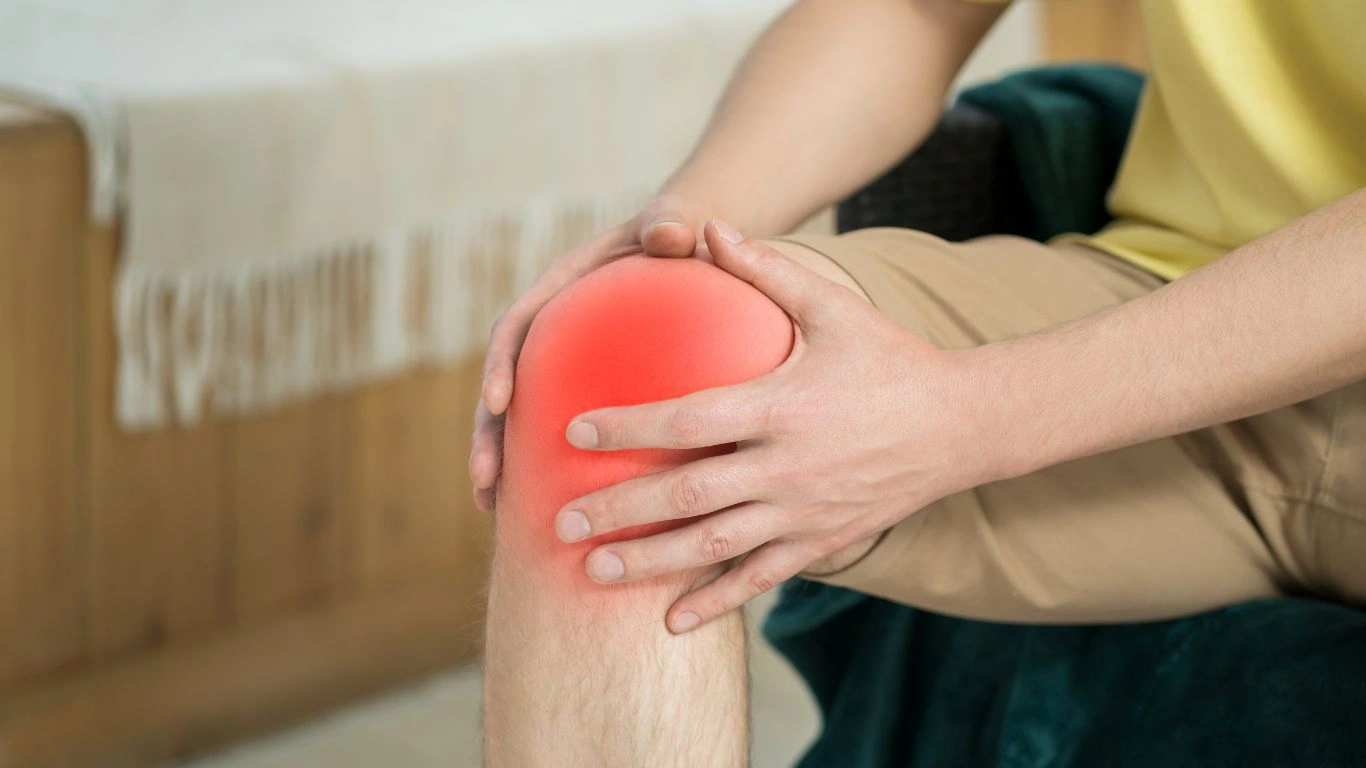
Is Hair Loss from RA Permanent?
For most people, hair loss caused by rheumatoid arthritis is not permanent. In fact, once the underlying cause of inflammation is addressed and managed, hair typically starts to grow back. That said, it’s important to work with your healthcare provider to identify the specific factors contributing to hair loss in your case, whether it’s the disease itself, the medications, or other lifestyle factors.
From my own experience, I’ve seen patients who initially felt devastated by hair loss, only to find that with a combination of the right treatment plan and self-care strategies, their hair eventually returned to its normal fullness. However, there are cases where persistent or severe hair loss may require further investigation. If you’re concerned about your hair thinning, it’s worth discussing with your doctor or rheumatologist to rule out other causes.
Can RA Cause More Severe Hair Loss?
While hair loss in rheumatoid arthritis is often temporary, some individuals may experience more severe thinning or even bald patches. This is less common, but it can happen in certain situations, such as:
- Severe disease activity: If your RA is not well-controlled, and inflammation is rampant, you may be more likely to experience significant hair thinning.
- Autoimmune overlap: In some cases, RA may coexist with other autoimmune conditions, like lupus, which could increase the risk of more severe hair loss.
- Other medical conditions: Conditions like thyroid disease, which is more common in individuals with autoimmune diseases, can also contribute to hair thinning and loss.
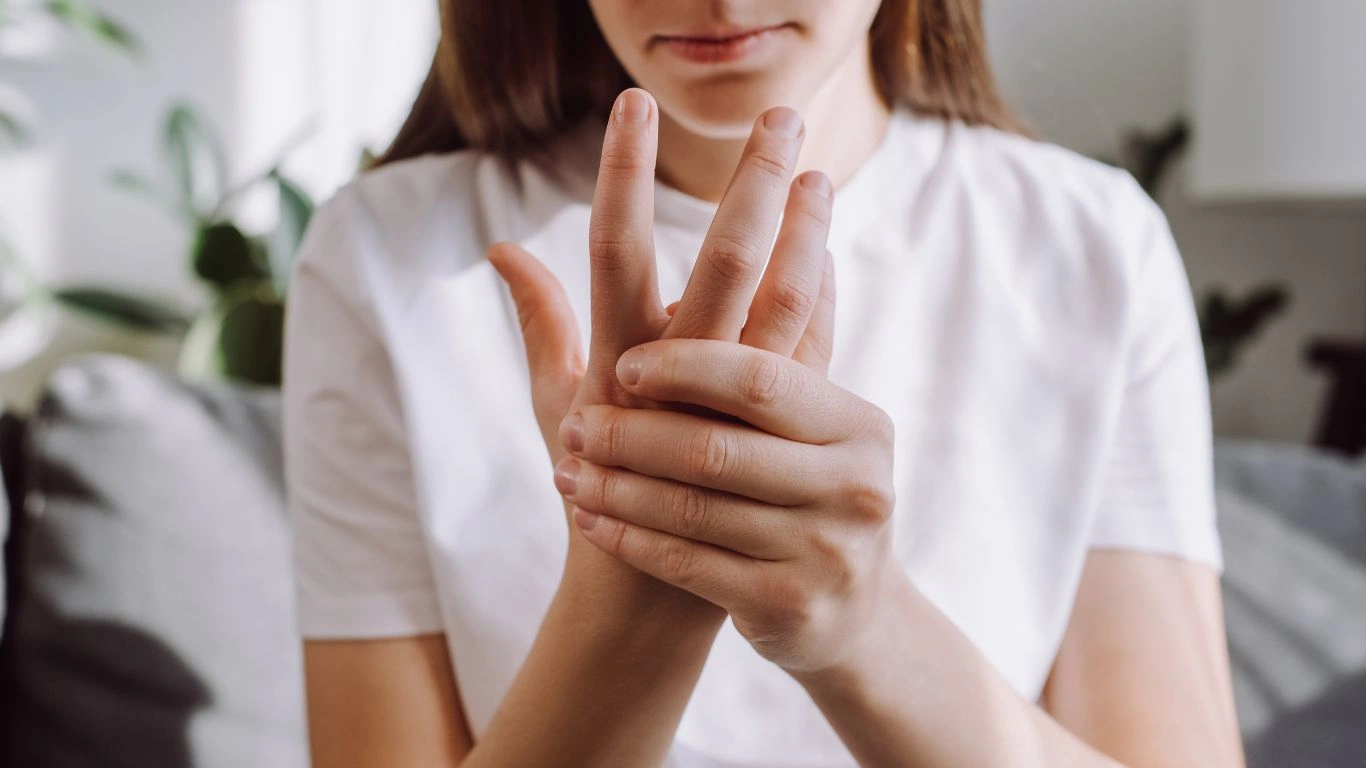
As frustrating as it is, if you’re dealing with significant hair loss, it’s important to stay proactive about your treatment plan. Work with your healthcare team to ensure that both your RA and your overall health are in the best possible shape.
Managing Hair Loss When You Have RA
If you’re dealing with hair loss while managing rheumatoid arthritis, I know it can feel overwhelming. In addition to the daily pain and inflammation that RA causes, dealing with hair thinning or shedding can take a toll on your self-esteem. But the good news is that there are steps you can take to manage both RA and the hair loss that may come with it. From adjusting your treatment plan to incorporating some lifestyle changes, there’s hope for regrowing your hair or at least slowing the process.
Reviewing Your RA Treatment Plan
The first thing I’d recommend is to take a close look at your treatment plan. Since medications are a major contributor to hair loss in RA patients, it’s essential to talk with your rheumatologist about any concerns you have. Sometimes, changing the dosage or switching medications can significantly improve your hair health without compromising your RA control.
For example, if methotrexate or corticosteroids are causing thinning hair, your doctor might suggest trying a different medication, adjusting the dose, or incorporating additional therapies. Biologics, while effective, can also cause side effects, so discussing these options with your healthcare provider is crucial. In some cases, trying a new medication could reduce your hair loss while still providing the anti-inflammatory benefits you need.

Natural Remedies and Tips for Supporting Healthy Hair
While medications are a big factor in RA-related hair loss, there are also natural remedies and lifestyle changes that can support hair health. In my experience, a combination of these strategies can often make a difference in slowing or even preventing excessive hair loss. Here are a few things I’ve seen work for my patients:
1. Prioritize a Nutrient-Rich Diet
Diet plays a significant role in hair health, and if you’re dealing with RA, it’s even more important to ensure you’re getting the nutrients your body needs. Nutritional deficiencies can worsen hair loss, and people with RA are often at risk for deficiencies in iron, zinc, and vitamin D. Incorporating foods rich in these nutrients can help support your hair follicles and promote regrowth. Some of the best foods for hair health include:
- Leafy greens: Rich in iron and vitamins like folate, which are essential for healthy hair.
- Fatty fish: Like salmon or mackerel, which are high in omega-3 fatty acids that nourish the scalp and promote hair growth.
- Eggs: Packed with protein and biotin, both crucial for healthy hair growth.
- Nuts and seeds: Great sources of zinc and selenium, which help regulate hair growth.
Working with a nutritionist can also be helpful if you’re unsure where to start. A personalized approach to managing your diet can support both your overall health and your hair.
2. Avoid Harsh Hair Treatments
If your hair is thinning due to RA or its treatments, it’s a good idea to be extra gentle with your hair. Harsh styling products, excessive heat from hairdryers or straighteners, and tight hairstyles can all lead to further hair breakage. I’ve seen many patients report less hair fallout just by switching to gentler hair care routines.
Consider using mild shampoos and conditioners that are free from sulfates, parabens, and alcohol, as these ingredients can strip your hair of its natural oils. You might also want to avoid using hot tools or chemical treatments, such as perms and relaxers, which can cause additional damage to already fragile hair. Simple and gentle is the way to go.

3. Scalp Care and Massage
Keeping your scalp healthy is just as important as caring for your hair. Scalp massages can stimulate blood flow to the hair follicles, encouraging hair growth. This is something I often recommend to my patients. You can use oils like coconut oil or argan oil, which nourish the scalp and keep it hydrated. Just massage your scalp gently in circular motions for a few minutes every day.
It’s also worth mentioning that keeping your scalp free from dandruff or buildup is essential. Products designed to keep your scalp clean can improve the environment for hair growth. Think of it like planting a seed in rich soil—your hair follicles need the right conditions to thrive.
Addressing the Emotional Impact of Hair Loss
Let’s face it—hair loss can be emotionally challenging, especially when you’re already dealing with the pain and fatigue of RA. In my practice, I’ve seen firsthand how the psychological effects of hair thinning or shedding can be just as impactful as the physical symptoms of RA. It can affect your confidence and even your overall sense of well-being.
If you’re struggling emotionally, please remember that you’re not alone. It’s completely normal to feel frustrated or upset about hair loss, and there’s no shame in reaching out for support. Whether it’s talking to a counselor, joining an online support group, or simply venting to a friend or loved one, don’t bottle up your feelings. Sometimes, just knowing others are going through similar struggles can make a huge difference in how you cope with the emotional side of RA-related hair loss.
4. Look into Wigs or Hairpieces
If hair loss is becoming severe and affecting your self-esteem, there’s no harm in looking into wigs, hairpieces, or other alternatives to help restore your confidence. Many people with RA find comfort in wearing a wig or hair extensions while they work on improving their hair health. There are some great options out there that are comfortable and realistic-looking, so don’t feel like you have to just live with it if it’s making you uncomfortable.
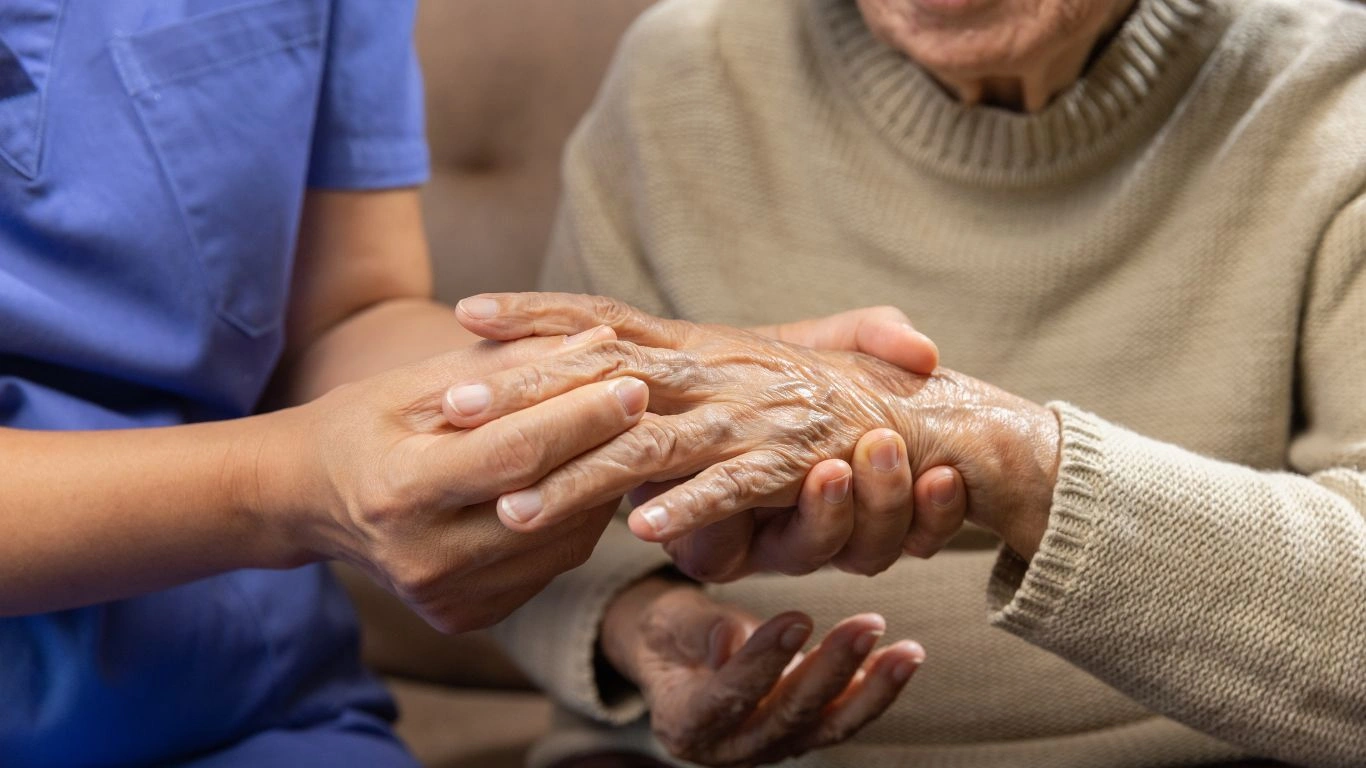
When to Seek Professional Help for Hair Loss
If your hair loss is becoming significant or if you’re feeling like it’s affecting your quality of life, it might be time to see a dermatologist or a hair specialist. A professional can help you pinpoint the exact cause of your hair loss and recommend treatments such as topical solutions or even hair restoration therapies. Sometimes, there are underlying conditions, like thyroid issues or other autoimmune diseases, that could be contributing to hair loss, and a specialist can help identify them.
It’s always worth discussing with your healthcare provider if you think your hair loss is related to your RA treatment plan. They might be able to make adjustments or refer you to a dermatologist who can offer more tailored solutions for hair regrowth.
Preventing Further Hair Loss: Long-Term Strategies
Now that we’ve discussed how to manage RA-related hair loss, it’s time to think about long-term strategies to prevent further thinning. As someone who’s worked closely with patients managing rheumatoid arthritis, I know that this isn’t just about treating the hair loss itself. It’s about controlling the inflammation, staying on top of your overall health, and maintaining a positive mindset. The journey with RA can be long, but with a few lifestyle adjustments, you can better navigate both the physical and emotional tolls, including hair loss.
Consistency Is Key with Your RA Treatment Plan
When it comes to RA and managing symptoms (including hair loss), consistency really is everything. You don’t just want to treat the flare-ups when they happen—you want to maintain a treatment routine that helps keep the disease in check over the long term. This means regular visits to your rheumatologist to monitor your RA, consistent use of prescribed medications, and staying up-to-date with lab tests. The better you manage your RA, the less likely inflammation will disrupt your hair follicles.
In my practice, I’ve seen patients who were able to regain hair volume and thickness simply by keeping their RA in remission. By sticking to a treatment plan and making adjustments when needed, they were able to see improvements in both their overall health and hair health. Remember that your hair growth is part of the bigger picture of how your body is responding to the inflammation and medications, so maintaining a steady course is key.
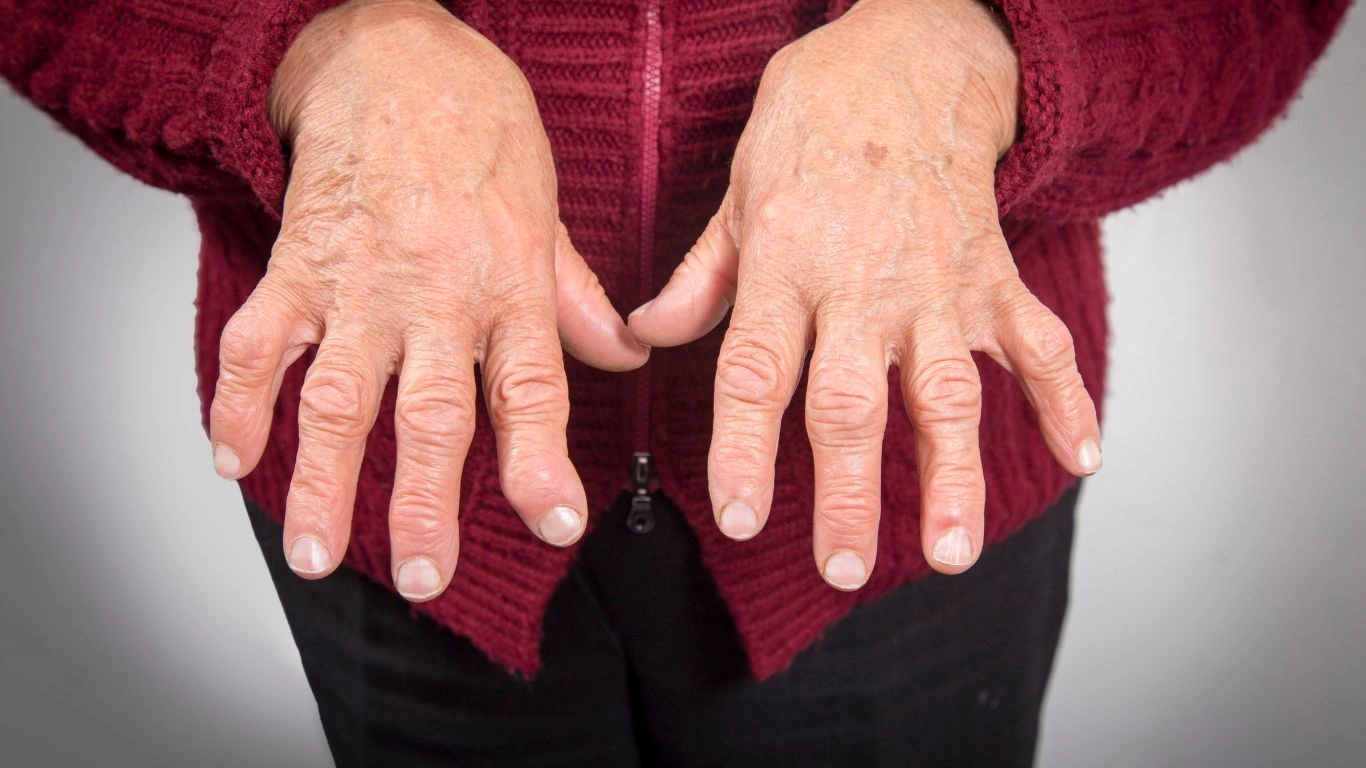
Exploring Additional Treatments for Hair Regrowth
Sometimes, the natural remedies and medication adjustments don’t lead to the hair regrowth you’re hoping for, and that’s perfectly understandable. It’s important to explore additional treatments that could help you regain your hair or at least minimize the shedding. These options, when paired with a solid RA treatment plan, may give you a boost in confidence and improve your overall appearance.
Minoxidil: A Common Option for Hair Regrowth
Minoxidil, commonly known as Rogaine, is a topical treatment that’s widely used to help promote hair regrowth. It’s available over the counter, and it’s FDA-approved for treating hair loss in both men and women. Minoxidil works by improving blood flow to the hair follicles, helping them enter the growth phase more effectively. It’s one of the few treatments for hair loss with scientific backing, so it’s often recommended by dermatologists for people experiencing hair thinning due to conditions like RA.
In my experience, some patients with RA have had success with minoxidil, especially when they start using it early in the hair loss process. However, it’s important to note that it can take a few months to see any visible results, so patience is key. And as with any treatment, make sure to discuss it with your doctor before starting, especially if you’re on other medications.
Platelet-Rich Plasma (PRP) Therapy
Another treatment option that’s gained popularity in recent years is platelet-rich plasma (PRP) therapy. PRP therapy involves drawing your blood, processing it to concentrate the platelets, and then injecting the PRP into areas of the scalp where hair thinning or loss has occurred. The growth factors in the PRP help to stimulate hair follicles and promote new hair growth.
In my experience, PRP can be effective for some RA patients, particularly those who are experiencing more advanced hair loss. However, PRP isn’t a one-size-fits-all solution, and it may not work for everyone. It’s definitely worth consulting with a dermatologist or a specialist in hair restoration if you’re considering this route.
Support and Resources for RA and Hair Loss
If you’re dealing with hair loss and rheumatoid arthritis, it can help to reach out for support and resources. Whether it’s connecting with others who are going through similar struggles or seeking out professional advice, you don’t have to face this challenge alone. Here are a few resources that can provide additional support and guidance:
- Health.com: Offers various articles and resources on managing rheumatoid arthritis, including skin and hair-related issues.
- National Institutes of Health (NIH): A trusted source for research-based information on autoimmune diseases and RA treatments.
- American College of Rheumatology: Provides in-depth resources and updates on RA treatments and their side effects.
- American Academy of Dermatology: A great resource for hair loss treatment options and skin care advice for RA patients.
Disclaimer
The information provided in this article is based on my personal experience as a nurse practitioner in the field of rheumatology and should not be considered medical advice. Always consult with your healthcare provider before making any changes to your treatment plan or starting any new medications or therapies. Each individual’s experience with rheumatoid arthritis and hair loss is unique, and a personalized approach is essential to managing both effectively.
Hair loss can be a frustrating and emotional aspect of rheumatoid arthritis, but with the right approach, it’s possible to regain control of your hair health. By working closely with your healthcare team, making smart lifestyle choices, and exploring treatment options, you can reduce the impact of hair loss and maintain a positive outlook. It’s all about taking small steps, being proactive, and staying informed along the way.

Tarra Nugroho is a dedicated Nurse Practitioner with a strong foundation in family and preventive care. She brings both compassion and clinical expertise to her practice, focusing on patient-centered care and health education. As a contributor to Healthusias.com, Tarra translates medical knowledge into clear, empowering articles on topics like women’s health, chronic disease management, and lifestyle medicine. Her mission is simple: help people feel seen, heard, and informed—both in the clinic and through the content she creates. When she’s not caring for patients, Tarra enjoys weekend hikes, plant-based cooking, and curling up with a good health podcast.

